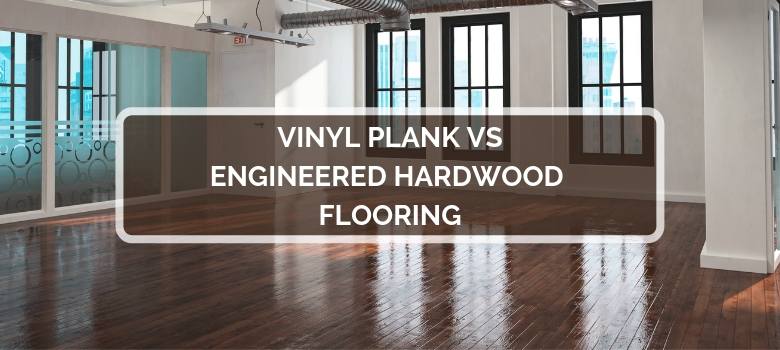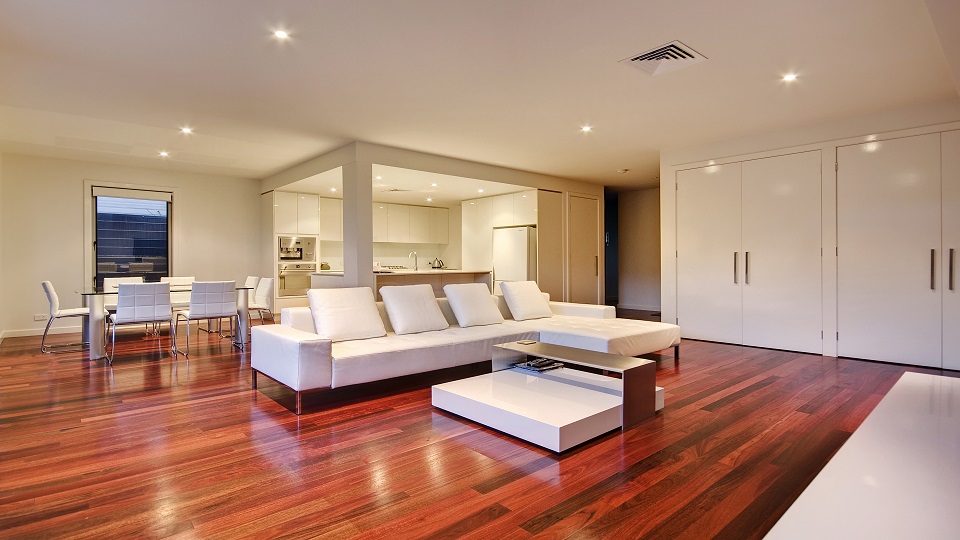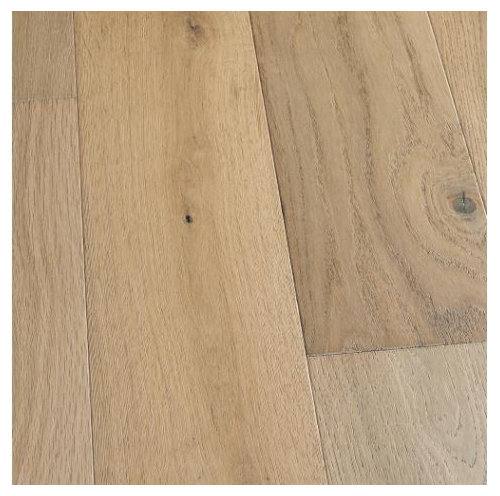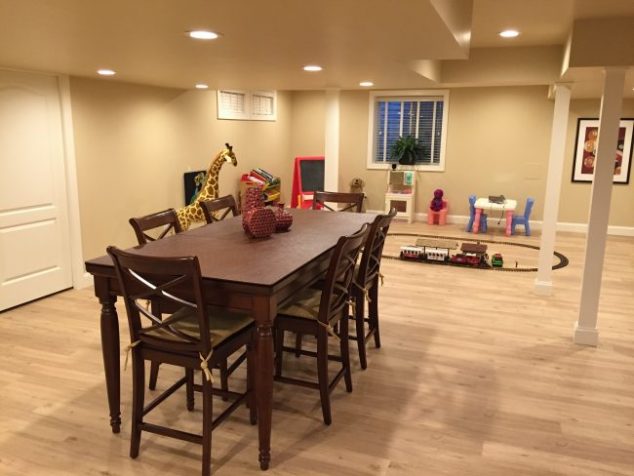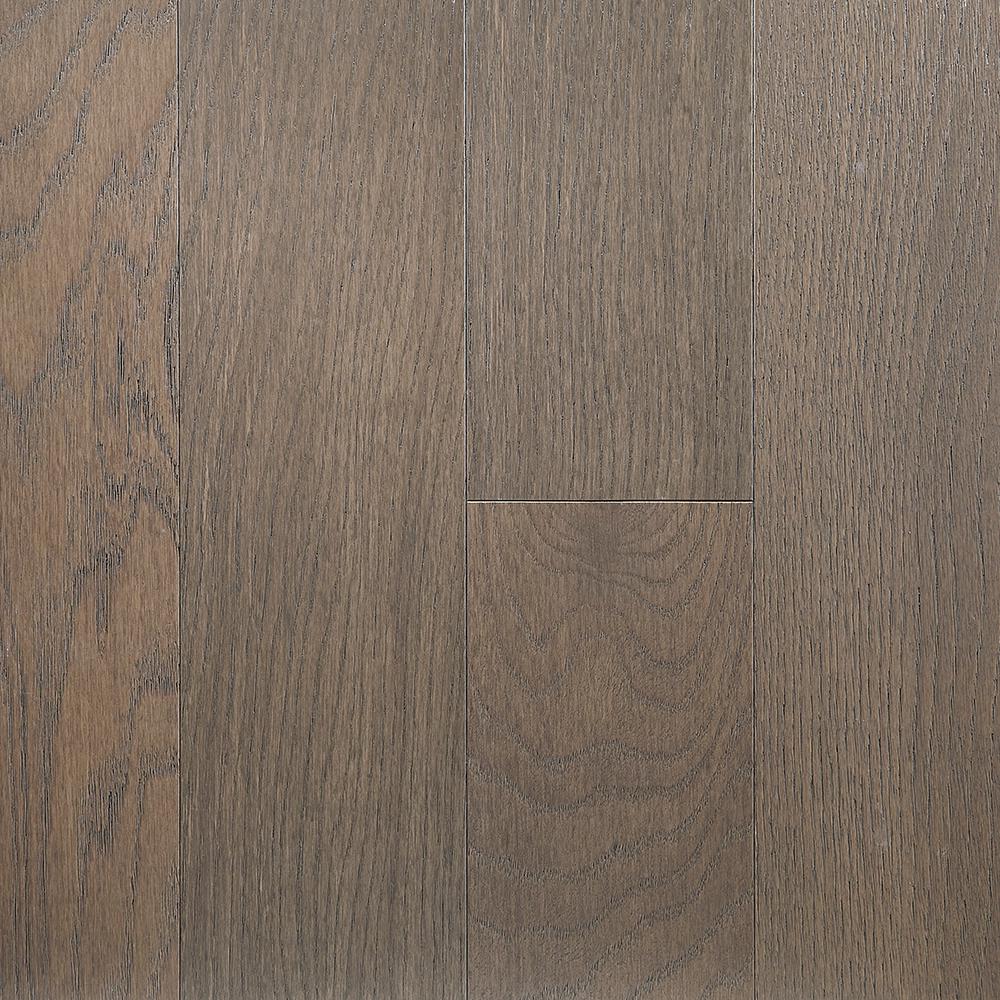The attraction of vinyl is that it can replicate the luxurious appearance of wood while resisting moisture absorption making it a perfect choice for hot and humid areas.
Hardwood flooring vinyl or engineered in humid climates.
Although this flooring may be more expensive to buy than other materials it can last for many years or even decades.
While exotic woods may be out of the question you can score some domestic hardwood or engineered wood flooring within a moderate budget in addition to luxury vinyl.
Because this specific material has many different layers and are more resistant to moisture engineered hardwood planks are ideal for flooring in homes in a humid climate.
It can be laid directly onto a cement slab or a sub flooring can be installed to create a moisture barrier.
Wood flooring installation below grade in a basement or in any room where moisture could be a problem like a kitchen laundry or bath is not a great idea.
Hardwood hardwood as a natural flooring material is affected by extremes of damp or dryness so try to keep your indoor relative humidity between 35 and 60 percent.
Take time with your contractor to learn which flooring is best for you.
It s also less expensive than solid wood floors but it can t be sanded down and refinished like solid hardwood floors can.
Both vinyl and linoleum are available in sheets and tiles and they clean up with a damp mop.
While they re suitable in any climate they can feel a bit chilly underfoot.
Engineered hardwood is ideal for your humid area because it is much more difficult for moisture to penetrate and affect engineered hardwood making this beautiful wood less likely to swell or bubble under constant exposure to wetness.
Engineered wood has real wood as the top layer and particle wood underneath and it s designed to deflect high moisture levels.
The slightest bit of moisture can cause discoloration and cracks.
Once installed it can last for a long time even in humid climates.
Keep in mind that there s a sweet spot for many types of flooring.
Luxury vinyl works well in wet areas of the house such as kitchens basements and even bathrooms.
The materials used to make engineered hardwood are moisture resistant and the layers are pressed together with their grains alternating directions which results in less expansion contraction and warping than natural hardwood.
If you live in a particularly humid area engineered hardwood floors are a great option for you.
While wood and water don t mix engineered hardwood is a relatively safe choice for humid climates.
You can design your home around nearly any type of engineered hardwood such as maple pine oak or ash.
Engineered hardwood is more stable than solid wood and is ideal in environments where the humidity exceeds 50 percent.
Solid hardwood is prone to expanding in humid climates we ve all experienced a door stick on a particularly rainy or damp day.

